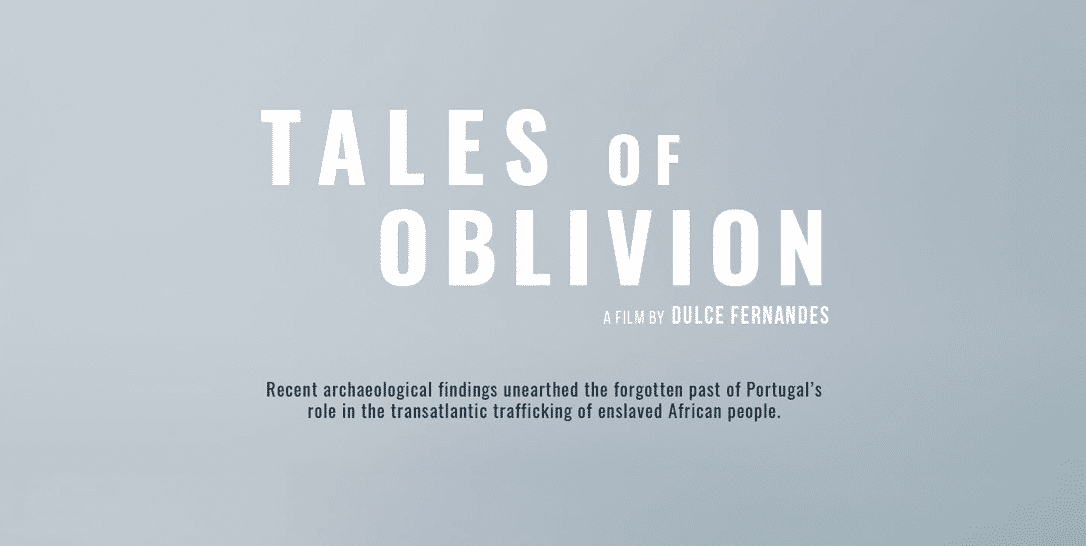The discovery of 158 skeletons motivated director Dulce Fernandes to produce “Tales of Oblivion” to shed light on the Portuguese past.
In the winter of 2009, archaeologists excavated a site in Lagos as an underground car park was being constructed. In the months that followed, they discovered the skeletons of 158 enslaved African men, women, and children. These bodies had been deposited at the site in a 15th-century landfill.
This archaeological discovery motivated director Dulce Fernandes to produce a film highlighting the importance of understanding Portugal’s history regarding the slave trade.
The film producer says that the lack of interest surrounding the discovery of the skeletons “seemed strange”, which further encouraged her to proceed with the film project.
According to the synopsis, Dulce Fernandes’ film intertwines stories of violence and brutality from the past with images and sounds from the present, evoking the events that took place in these locations and uncovering memories of the past.
For the director, who was born in Angola and trained in Journalism and Photography, it is also essential to discuss the broader context of the “construction of memories” related to Portugal’s involvement in the transatlantic slave trade.
In a study conducted by researchers from the Forensic Anthropology Laboratory at the University of Coimbra, fractures were identified in the jaws, forearms, and skulls of slaves. These fractures are highly indicative of the violence and mistreatment that these individuals likely endured.
“Of the 158 skeletons found, 107 are adults and 49 children (it was not possible to classify two of the skeletons), with 52% of the slaves being women and the majority having died before the age of 30”, explained researcher Teresa Ferreira.
“Contos do Esquecimento” (Tales of Oblivion) will be shown tonight, May 29, at 21:45 at the IndieLisboa Film Festival in the Manoel de Oliveira room at the São Jorge cinema.



























